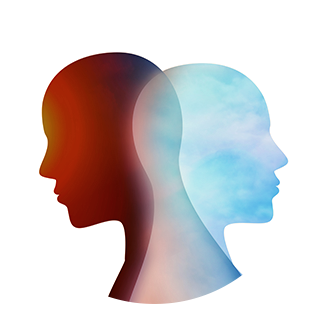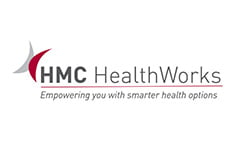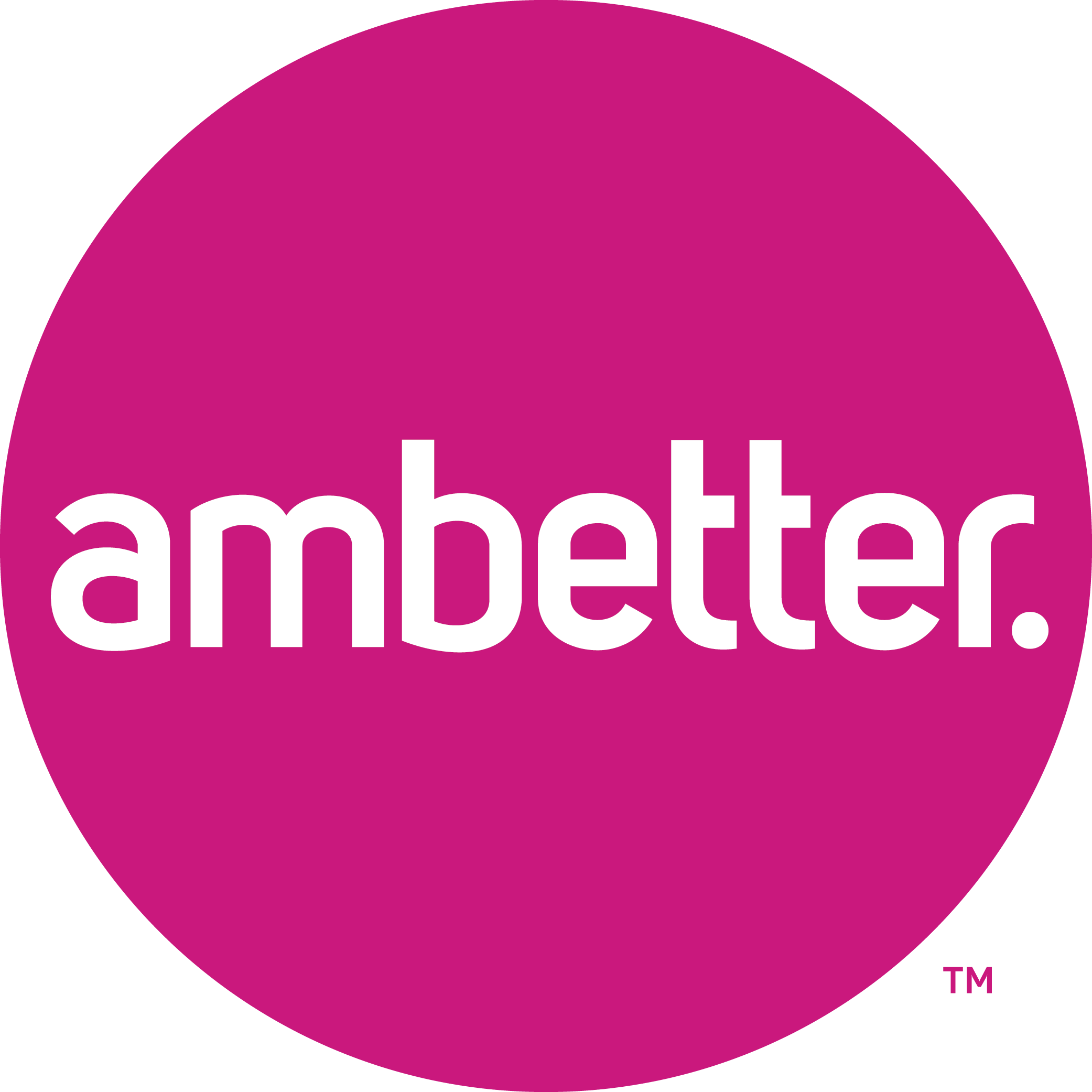Treating Co-Occurring Disorders
Drug addiction, alcoholism, and mental illness can occur simultaneously. Addiction and mental health are often intertwined – many individuals either develop a mental illness as a result of their addiction or take up an addiction to cope with their symptoms. When a substance abuse disorder and mental illness occur simultaneously, it’s known as a dual diagnosis. At Banyan, we offer numerous dual-diagnosis treatment centers to address the various aspects of these illnesses. A dual diagnosis, also known as a co-occurring or comorbid disorder, requires professional help from a rehab center in order to provide effective treatment.

The Cause of a Dual Diagnosis
A dual diagnosis either begins with substance abuse or a mental disorder. In one scenario, a persistent addiction can eventually lead to a mental disorder. Using drugs or alcohol for a long period of time can deteriorate the mind and body, eventually leading to mental illness. On the other hand, a person struggling with a mental disorder may turn to substance abuse in an attempt to cope with their symptoms. Dopamine production and mental illness go hand in hand; certain drugs tend to increase dopamine production, offering temporary feelings of pleasure. Unfortunately, substance abuse can actually worsen a mental disorder. Regardless of how it began, professional dual diagnosis treatment is usually the most effective form of care for individuals in this position.
Signs of a Dual Diagnosis
A dual diagnosis can be a challenge to identify because both sides of this condition are so complex. Mental disorders may present different symptoms from addiction. Especially if the substance in question is meant to reverse the symptoms of a mental disorder, it can be especially difficult to identify where it begins and where it ends. A proper diagnosis of a co-occurring disorder starts with the help of dual-diagnosis treatment centers in Florida like ours.
Some common signs of a dual diagnosis include:
- Abrupt changes in behavior
- Frequent mood swings
- Self-isolation
- Risky behaviors
- Needing drugs to carry out daily responsibilities
- Thoughts of suicide or suicidal behavior
When deciding on the correct way to address a comorbid disorder, it can be difficult to identify which came first: the mental disorder or the addiction. While patients usually try to tackle these two factors separately, the professionals at many of our Banyan rehab locations know that it’s imperative to address these two factors as a whole.
The Dangers of Leaving Co-Occurring Disorders Unaddressed
When a mental health condition coincides with substance use disorder, ignoring or neglecting the treatment can lead to a downward spiral of worsening symptoms, decreased quality of life, and increased risk of self-harm or suicide.
Untreated co-occurring illnesses frequently result in a vicious cycle where substance abuse exacerbates mental health symptoms, which then exacerbates the co-occurring disorders. Without proper assistance, it can be very challenging for people to escape the vicious cycle of negative behaviors that are brought on by this contact. In the absence of effective treatment, co-occurring disorders may have a compounding impact that can lead to a number of undesirable outcomes, including social marginalization, strained relationships, legal problems, financial instability, and unemployment.
An untreated dual diagnosis also greatly increases the likelihood of physical health problems. Abuse of drugs or alcohol can damage organs, compromise the immune system, and increase a person's susceptibility to disease. When mental health issues coexist, the effects on physical health are typically worsened. Often, ignoring co-occurring disorders results in higher healthcare costs since patients frequently require emergency care due to crises or worsening symptoms. These risks can be reduced, overall health can be improved, and the path to long-term recovery and a healthy future can be opened up by participating in a dual diagnosis program at one of our addiction facilities.
Our Dual Diagnosis Treatment Facility in Florida
At Banyan Treatment Centers, we offer comprehensive treatments to help our patients achieve physical and mental recovery. These treatments include medical detox, partial hospitalization care, therapy, and more. Our mental health treatment in Boca is designed to address a variety of mental disorders, including schizophrenia, anxiety, post-traumatic stress disorder (PTSD), and depression. In addition to our mental health care, we also offer comprehensive treatment for a variety of substance abuse disorders.
When it comes to an effective rehab program for dual diagnosis, a patient’s every need should be met. Some patients will benefit from our individualized therapies, while others may enjoy therapies held in group settings. Our unique programs and therapies include:
- Biofeedback
- Equine therapy
- Pet therapy
- And more
Each therapy is led by our professional therapists and experts. A dual diagnosis doesn’t only affect the individual but their loved ones as well. That’s why we also offer a family program to help loved ones of those who are in addiction or mental health recovery. At our addiction treatment centers, we offer the support patients, and their loved ones, need in order to safely get through recovery. Dual-diagnosis rehab involves a variety of approaches for long-lasting sobriety. We are proud to offer the therapies and programs needed in order to combat a comorbid disorder.
If you or a loved one is struggling with an addiction, mental disorder, or both, contact us today to learn more about our various levels of care.
Not all programs are available at all locations. Please contact the location for availability.
Related Reading:
Most Insurance Plans Accepted
At Banyan Treatment Centers, our goal is to make sure that anyone who needs treatment from drug and alcohol addiction are able to get the help needed to assist them on the road to recovery. If you don't have insurance contact us to inquire about alternate methods regarding treatment for yourself or a loved one.






























